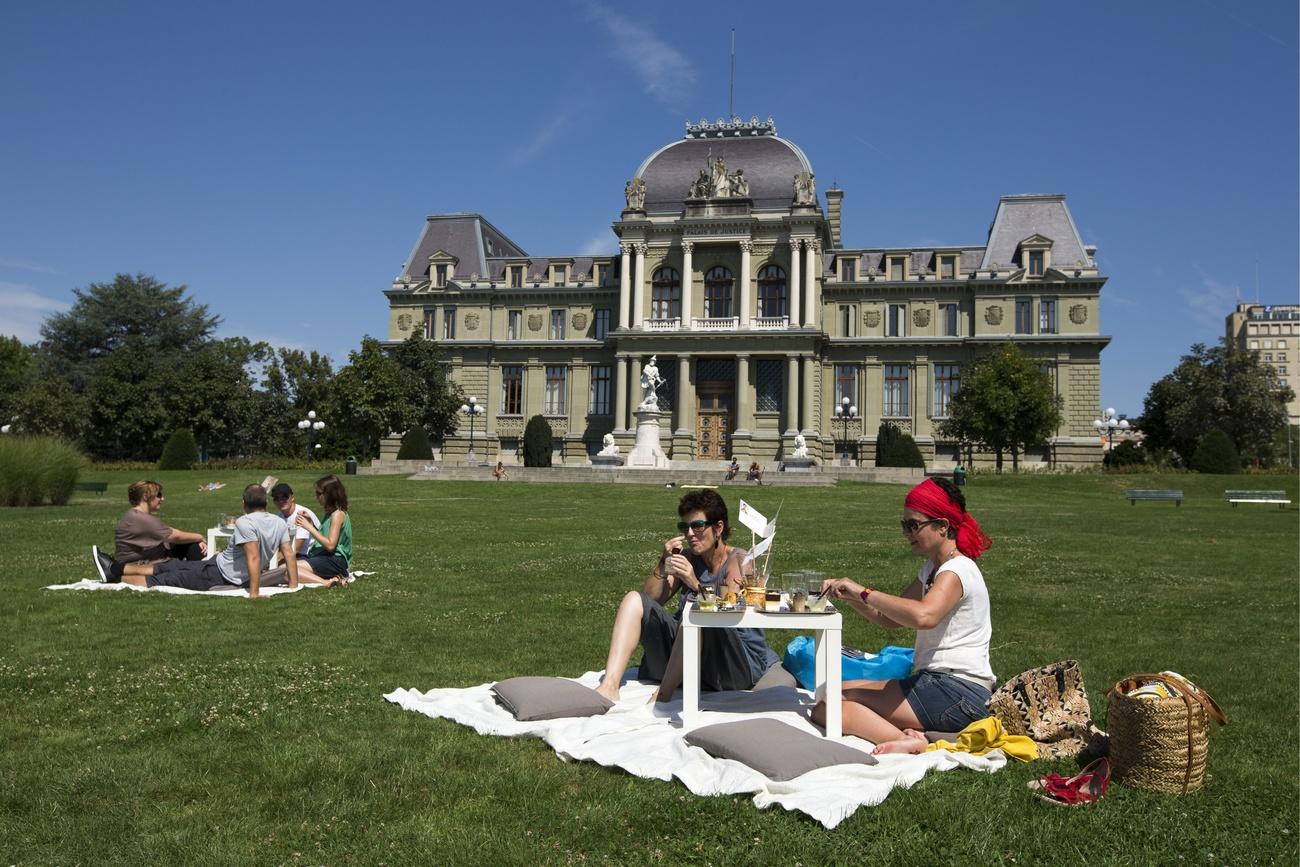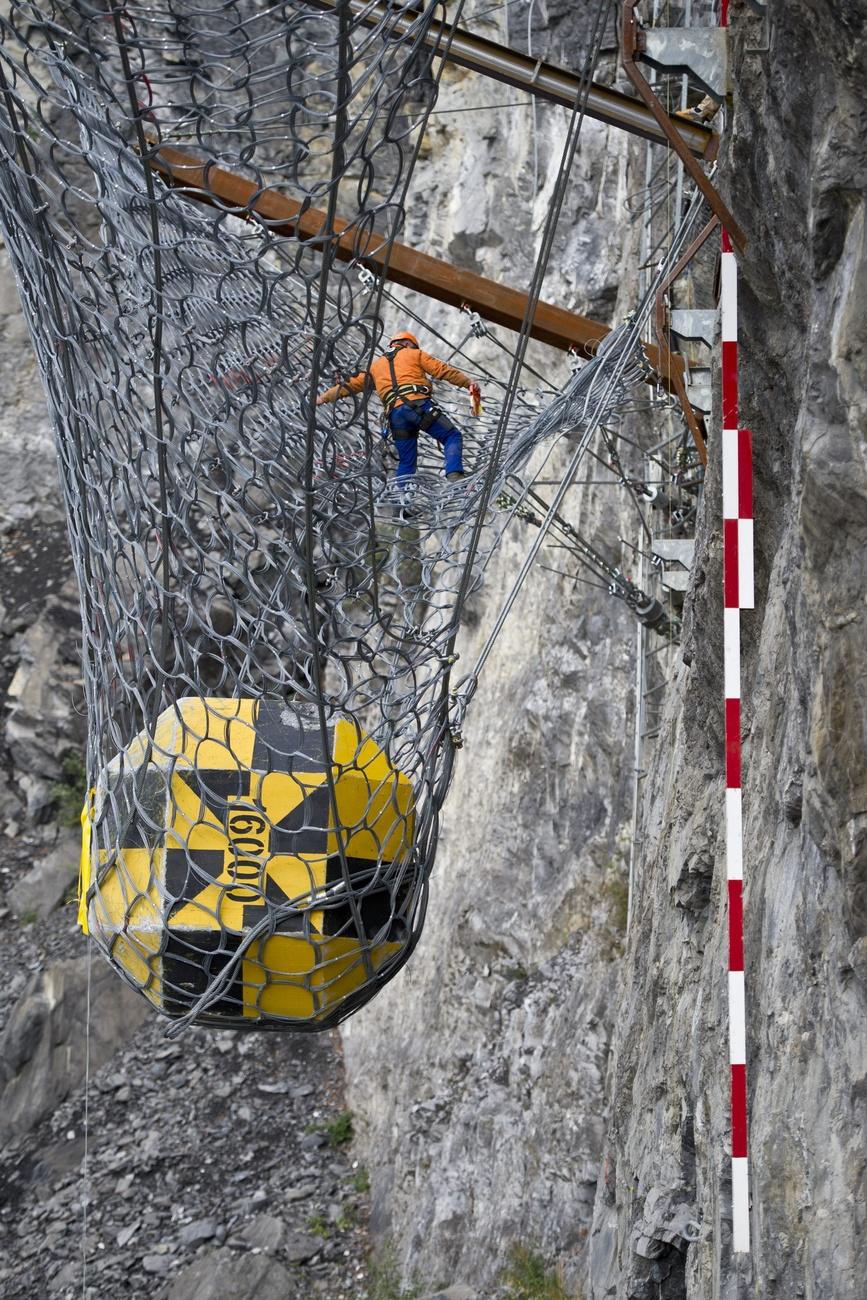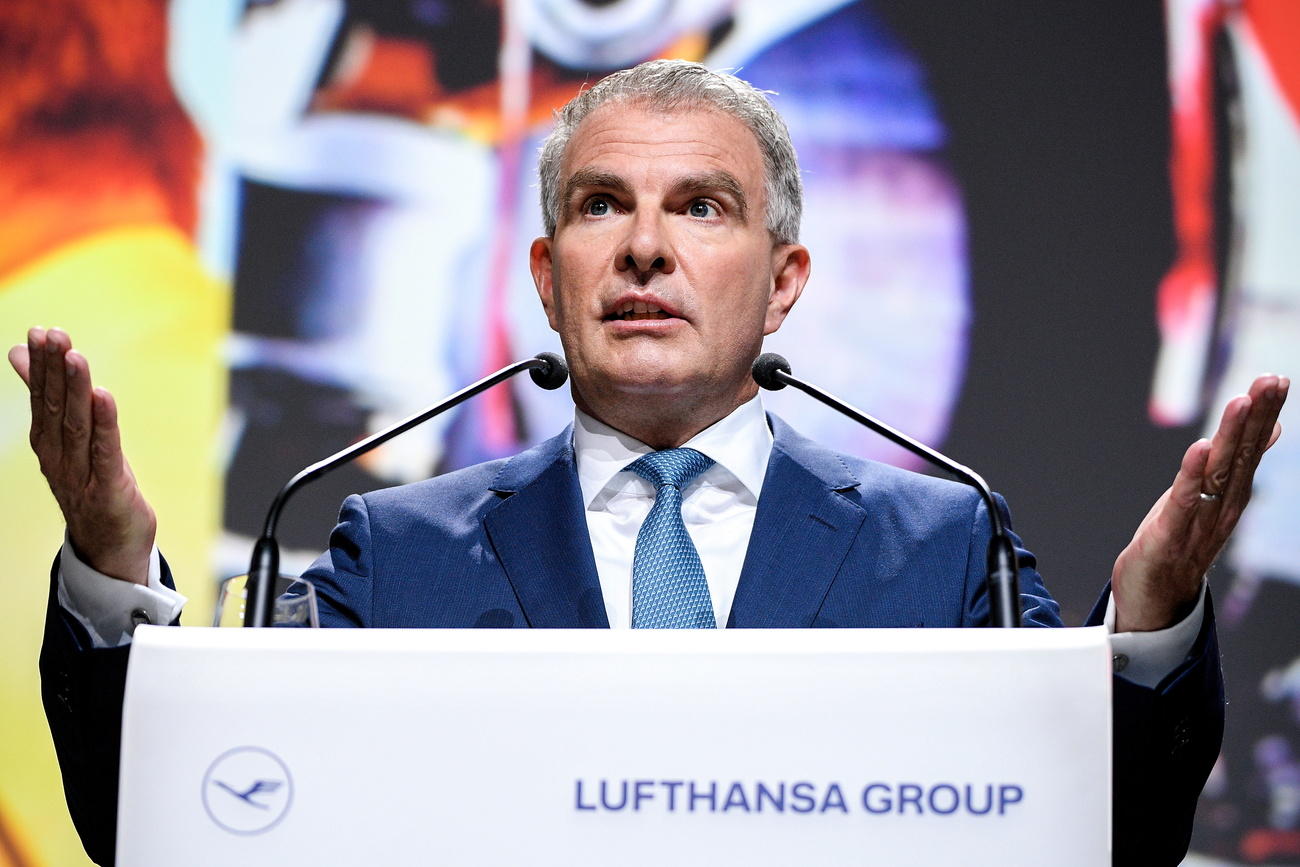Switzerland: where you won’t meet the Swiss

If you're planning a visit to the Swiss Alps, don't expect many close encounters with the locals.
I recently made the acquaintance of an American family – friends of a friend, who had booked an entire house on the other side of town through Airbnb.
For their holiday in Switzerland, they had checked into a two-storey, wide-eave structure, surrounded by a well-maintained garden complete with a treehouse. Inside, knickknacks adorned the kitchen and drawings by the homeowners’ children hung from the walls while in the living room, the American kids wound down their day in front of the television. This was truly a home away from home.
Curious as to the real family who lived there, I asked the visitors what they were like, having naively assumed there would have been a small ceremony to hand over the keys -a chance no homeowner would pass up to judge whether the strangers could be trusted.
“We didn’t meet them,” was the short answer. The Americans got into the house through a smart lock system common among Airbnb properties.
It got me wondering whether they would end their holiday with many travellers’ tales of Switzerland but little to say about the Swiss.
At the height of summer, a large part of the resident population is away on vacation too. But they leave their country, like the homeowners’ property, open for the business of tourism.
Airbnb and other online booking apps have facilitated that, if only to a small degree. A transient workforce deserves much of the credit for keeping the wheels turning when demand is high.
Nearly half of all staff in Switzerland’s hospitality sector are foreigners (compared to about a third of the entire Swiss workforce), and many find work in the country for only a couple of months at a time, during summer and again in the ski season.
Since tourism accounts for around a fifth of all value creation in the Swiss Alps, the mountain regions couldn’t survive without them.
Yet a small majority of Swiss voted in 2014 to restrict immigration, many of them following the argument that they can run the country themselves, with only a little help from abroad.

The most radical measure of the initiative – to reintroduce quotas, effectively ending the free movement accord with the EU – has not been implemented. The free movement treaty is essential because it removes most bureaucratic hurdles for both the employer and job seeker from the European Union, putting EU citizens on equal footing with Swiss residents.
What the government has done is give priority for jobs to residents registered as unemployed if the jobless rate in the sector where they are qualified tops 8%.
But the anti-immigration Swiss People’s Party behind the 2014 vote, has returned with a similar initiative to end, once and for all, the free movement pact, arguing skilled foreign workers could still be recruited if no suitable candidates resident in Switzerland are available.
No date has been set for a vote, but it remains a hot button topic. The luxury resort of Bürgenstock, above Lake Lucerne, garnered nasty headlinesExternal link when it announced that of the 800 staff it needed to hire when it reopened in 2017, 600 would be recruited abroad.
The resort managers defended their decision, saying there were simply not enough suitably qualified job seekers in the country.
This lack of skilled, homegrown labour is borne out by statistics. The number of foreign workersExternal link grew by 22% from 2012 to 2017 (if naturalised immigrants are included) compared to a 0.8% increase of economically active Swiss citizens. The relatively low unemployment rate (under 5%) confirms Bürgenstock’s position that it must look abroad when hiring.
Growing even faster than the number of employed Swiss is the sizeable chunk of residents over 64 years of ageExternal link, who have retired or soon will. This segment is rising by more than 1% a year and now accounts for 18% of the total population.
If tourism globally continues to expand rapidly (6% more tourists came to Europe in 2018 compared to the previous year) then the Swiss hospitality sector will have no choice but to follow Bürgenstock’s lead.
The American family I met sat down in restaurants and were likely served by Germans, Portuguese, Italians or Dutch. And the locals, if they saw any, may have been the customers at the next table asking a similar question: Where are the Swiss?
Have you holidayed in Switzerland? Tell me about your experience
dale.bechtel@swissinfo.ch
You can also follow me on Twitter @dalebechtelExternal link

In compliance with the JTI standards
More: SWI swissinfo.ch certified by the Journalism Trust Initiative




You can find an overview of ongoing debates with our journalists here. Please join us!
If you want to start a conversation about a topic raised in this article or want to report factual errors, email us at english@swissinfo.ch.